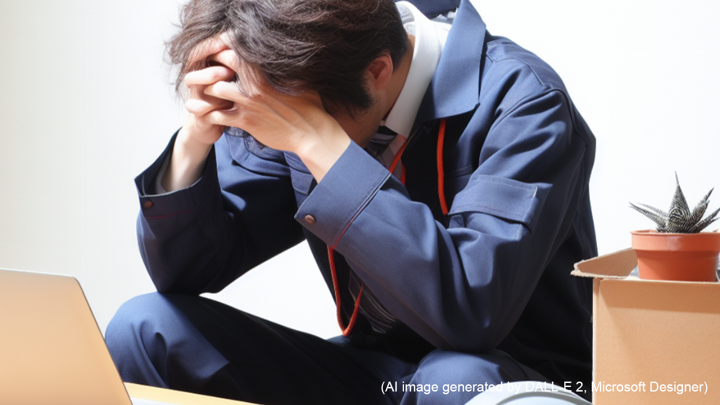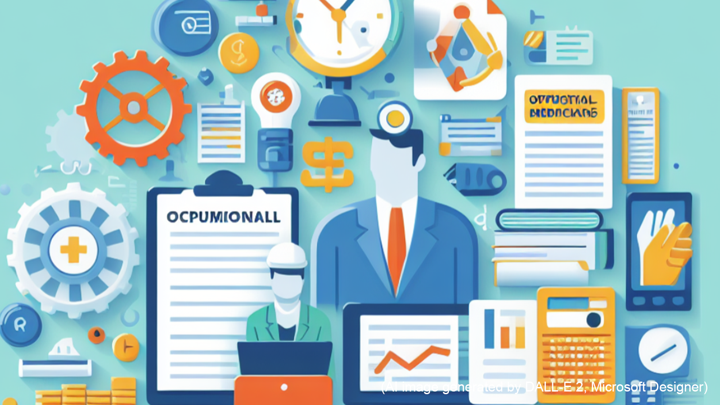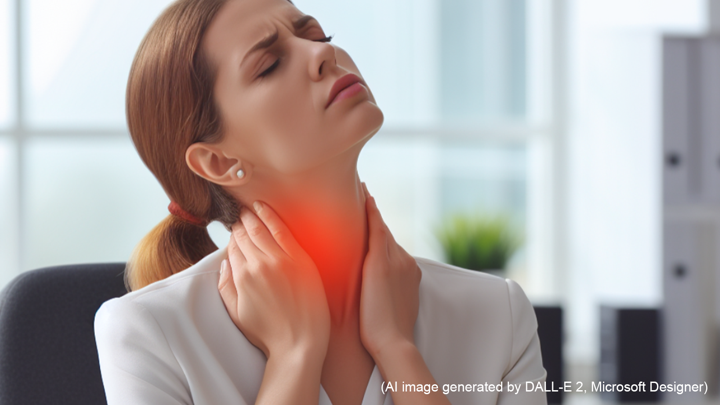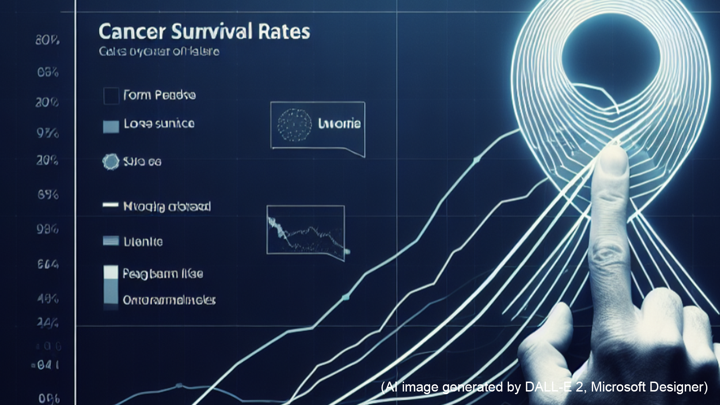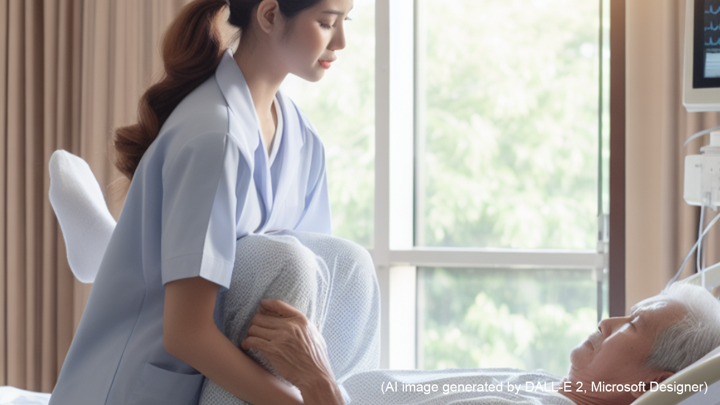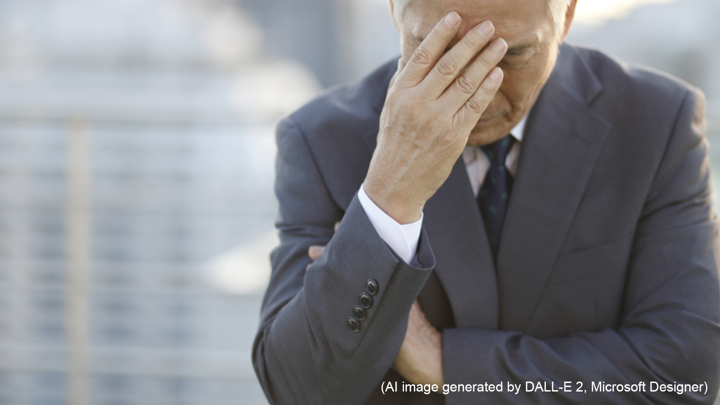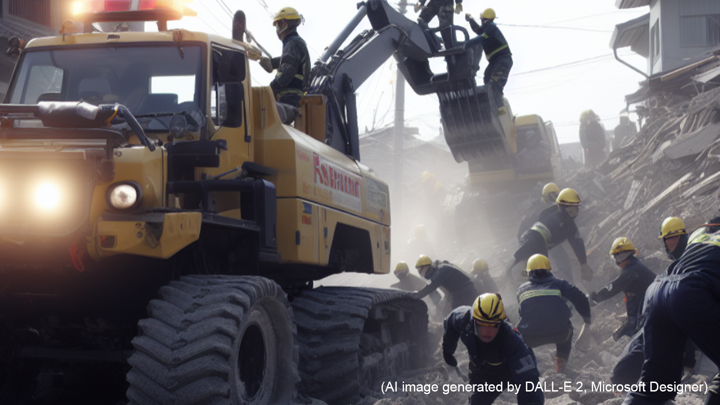Latest articles
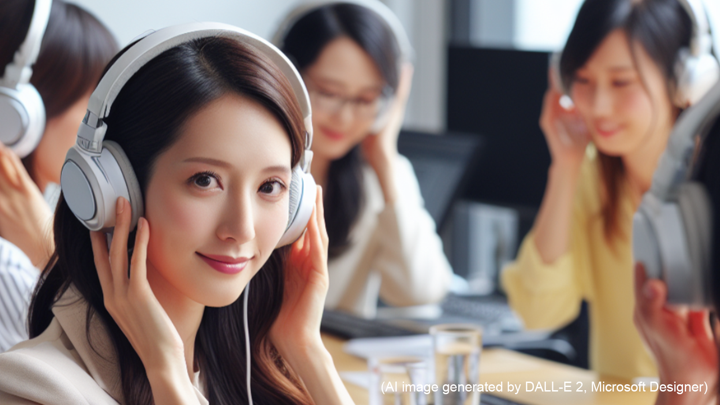
2023.05.04 13:29
#E0039 A pilot study on the effects of playing background music in the workplace on overtime work
Reducing Overtime Hours Through the Power of MusicThe advent of information technologies (IT) has vastly altered the way in which many people approach work and how they decide their schedules. While policies like flextime and telecommuting give employees more freedom and autonomy, they can be a double-edged sword by causing an undesired increase in the number of overtime hours. Considering that working long hours can cause many health problems, it’s important to find strategies that reduce overtime and promote a healthy work-life balance.Could music be the key? In this pilot study, a team of researchers from Tokai University School of Medicine, Japan, investigated the effects of playing background music (BGM) in the workplace to reduce overtime hours. They enlisted 15 business offices from IT-related companies with flextime policies and played BGM in three different patterns (five offices for each pattern). Music was switched on and off every two months over a span of eight months, and the effect on overtime hours was estimated by comparing the ‘on’ periods versus the ‘off’ ones and with the data stored from the previous year.The researchers tested three patterns with different rationales behind them. In the first pattern, slow-tempo BGM was played for only five minutes at the end of each day and a soothing voice reminded employees to finish work and enjoy their free time. In the second pattern, BGM music was played from 15:00 until the end of the day to motivate employees to work efficiently during the final hours. On the other hand, in the third pattern, BGM was played throughout the day. In this case, the idea was to create a natural awareness of the passage of time by carefully selecting a variety of musical styles.The results showed a slight yet noticeable reduction in the number of overtime hours in five out of fifteen offices. The third pattern proved more effective, with employees also reporting, through questionnaires, subjective improvements in multiple areas of life. While much more research will be needed to truly understand the power of music, this pioneering study hints at its potential uses in the workplace to promote a healthier work-life balance.
0


